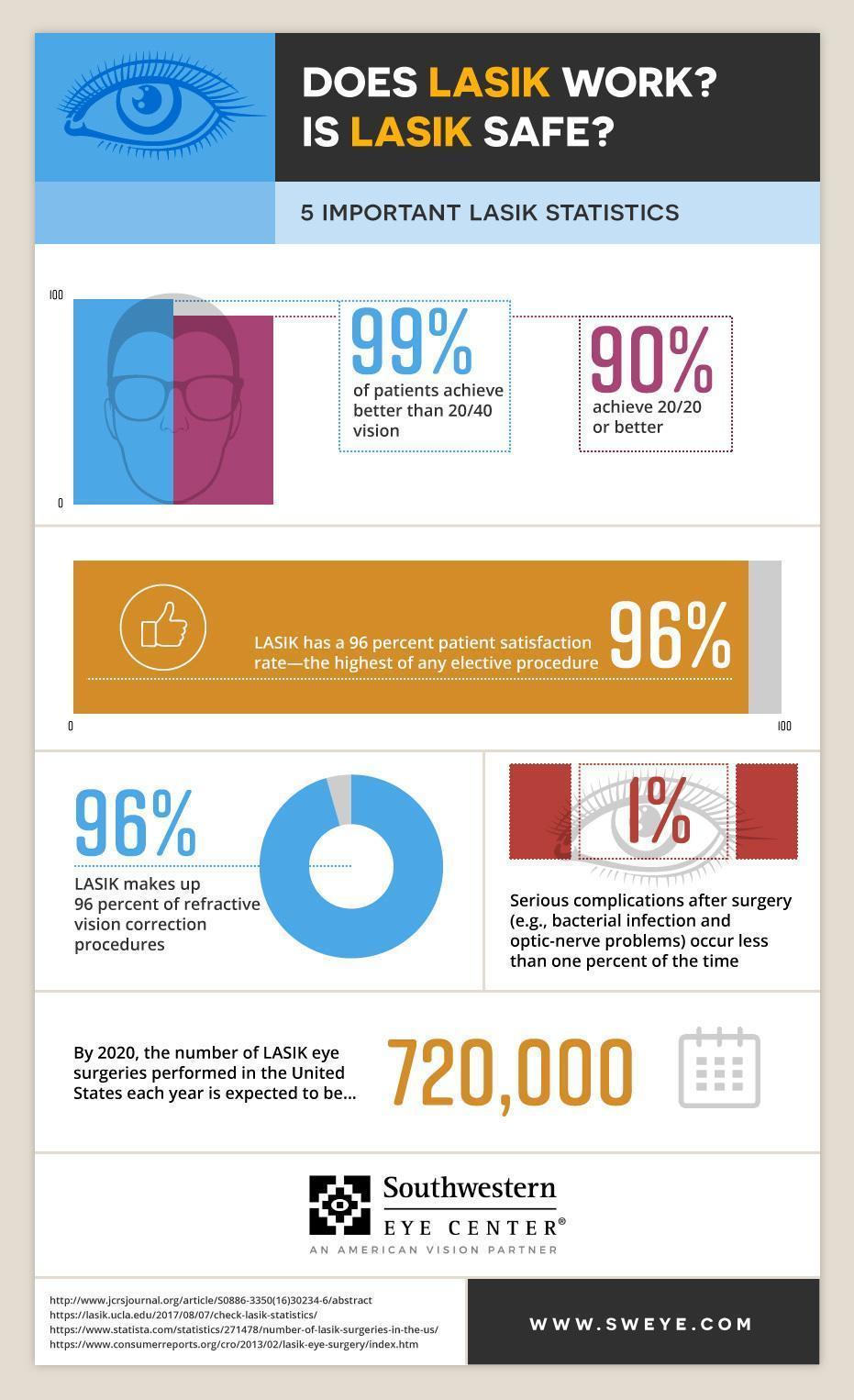The Detailed Frequently Asked Question On Refractive Lens Exchange: Whatever You Ought To Understand Concerning
The Detailed Frequently Asked Question On Refractive Lens Exchange: Whatever You Ought To Understand Concerning
Blog Article
Content Written By-Lundqvist Bondesen
If you're considering refractive lens exchange, you possibly have a great deal of inquiries. This procedure can change how you see the globe, offering benefits like minimized dependence on glasses. However, it's necessary to comprehend the process, risks, and that qualifies as a great prospect. Allow's discover these essential facets so you can make an educated decision about whether RLE is right for you.
What Is Refractive Lens Exchange and Exactly How Does It Work?
Refractive lens exchange (RLE) is a procedure developed to change your eye's all-natural lens with a synthetic one, correcting vision issues like nearsightedness, farsightedness, or presbyopia.
During the procedure, your doctor makes a little cut in the eye, eliminates your all-natural lens, and inserts an intraocular lens (IOL) tailored to your vision needs. This outpatient surgical procedure usually takes about 15 to half an hour per eye and is executed under neighborhood anesthesia.
You'll likely see improvements in your vision practically promptly, though total healing may take a few weeks. RLE is specifically beneficial for those over 40 or with high prescriptions, offering a lasting service contrasted to glasses or call lenses.
Your eye care professional can help figure out if RLE is right for you.
What Are the Benefits and Risks of Refractive Lens Exchange?
Choosing refractive lens exchange can bring about considerable improvements in your vision, but it is essential to evaluate both the benefits and risks before deciding.
On the bonus side, this treatment can boost your sight by correcting concerns like presbyopia, myopia, and hyperopia. Several patients enjoy lowered reliance on glasses or call lenses, which can substantially enhance their lifestyle.
Nevertheless, it's crucial to consider possible dangers. Get More can include infection, glow, or halos around lights.
There's also a possibility of overcorrection or undercorrection, which may require extra treatments.
Who Is an Ideal Candidate for Refractive Lens Exchange?
If you're considering refractive lens exchange, it is very important to understand whether you fit the profile of a suitable candidate. Typically, https://www.ctvnews.ca/w5/families-deal-with-repercussions-after-rare-but-severe-complications-from-laser-eye-surgery-1.4363940 may be an excellent prospect if you more than 40, experience presbyopia, or have high degrees of nearsightedness or farsightedness.
It's additionally vital that your vision is secure, suggesting your prescription hasn't altered dramatically in the past year. If you have cataracts or various other eye problems, you could take advantage of this treatment also.
Nonetheless, specific factors, like unrestrained diabetes mellitus or autoimmune conditions, could disqualify you. To establish your candidateship, talk to an eye treatment specialist that can evaluate your details scenario and advise the very best course of action customized to your needs.
Final thought
To conclude, refractive lens exchange can be a transformative alternative for enhancing your vision, especially if you're over 40 or have a high prescription. While the advantages are considerable, it's essential to consider the risks and consult with your eye care specialist to establish if you're an excellent candidate. With the appropriate info and guidance, you can make a notified decision and possibly delight in a life with decreased reliance on glasses.
